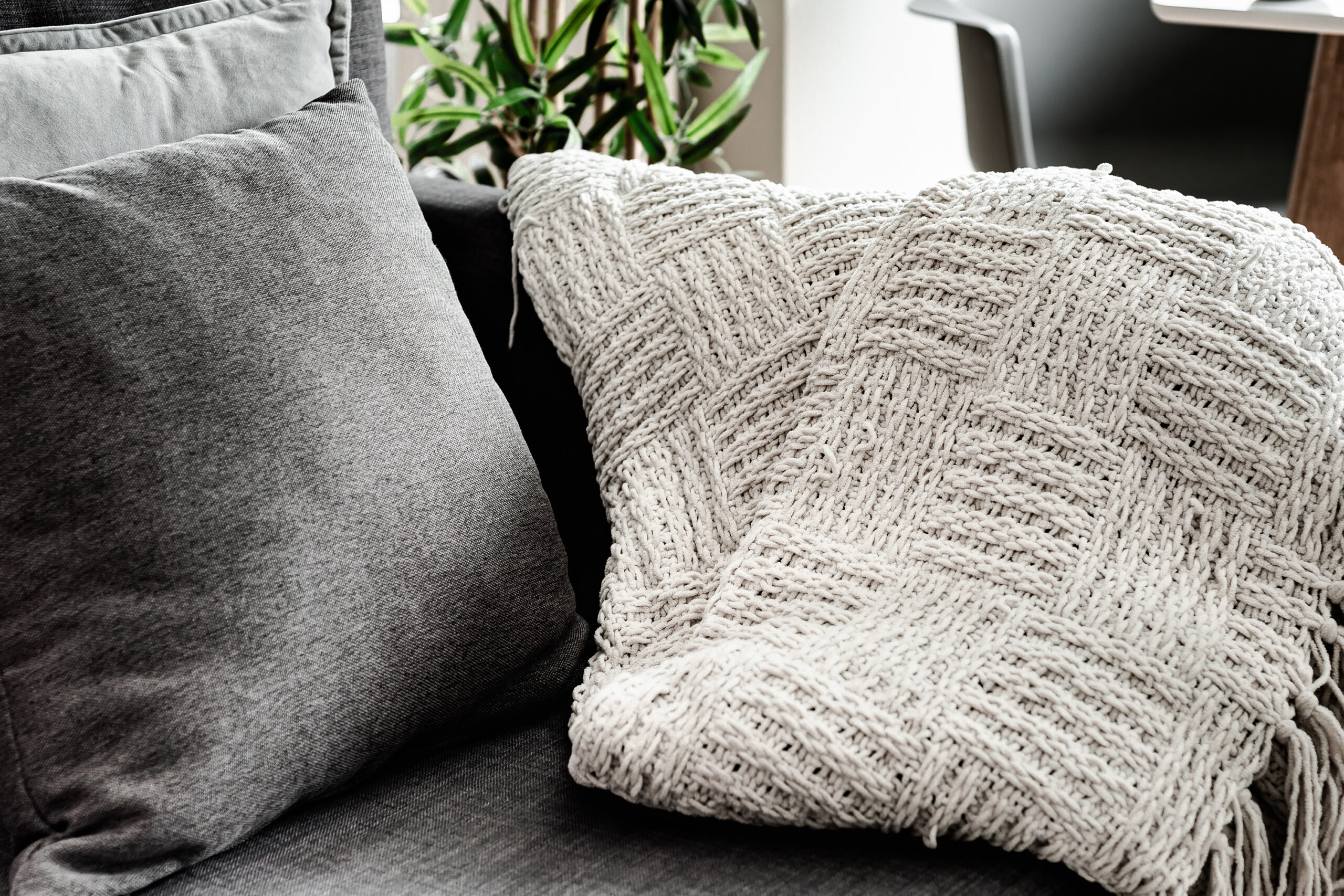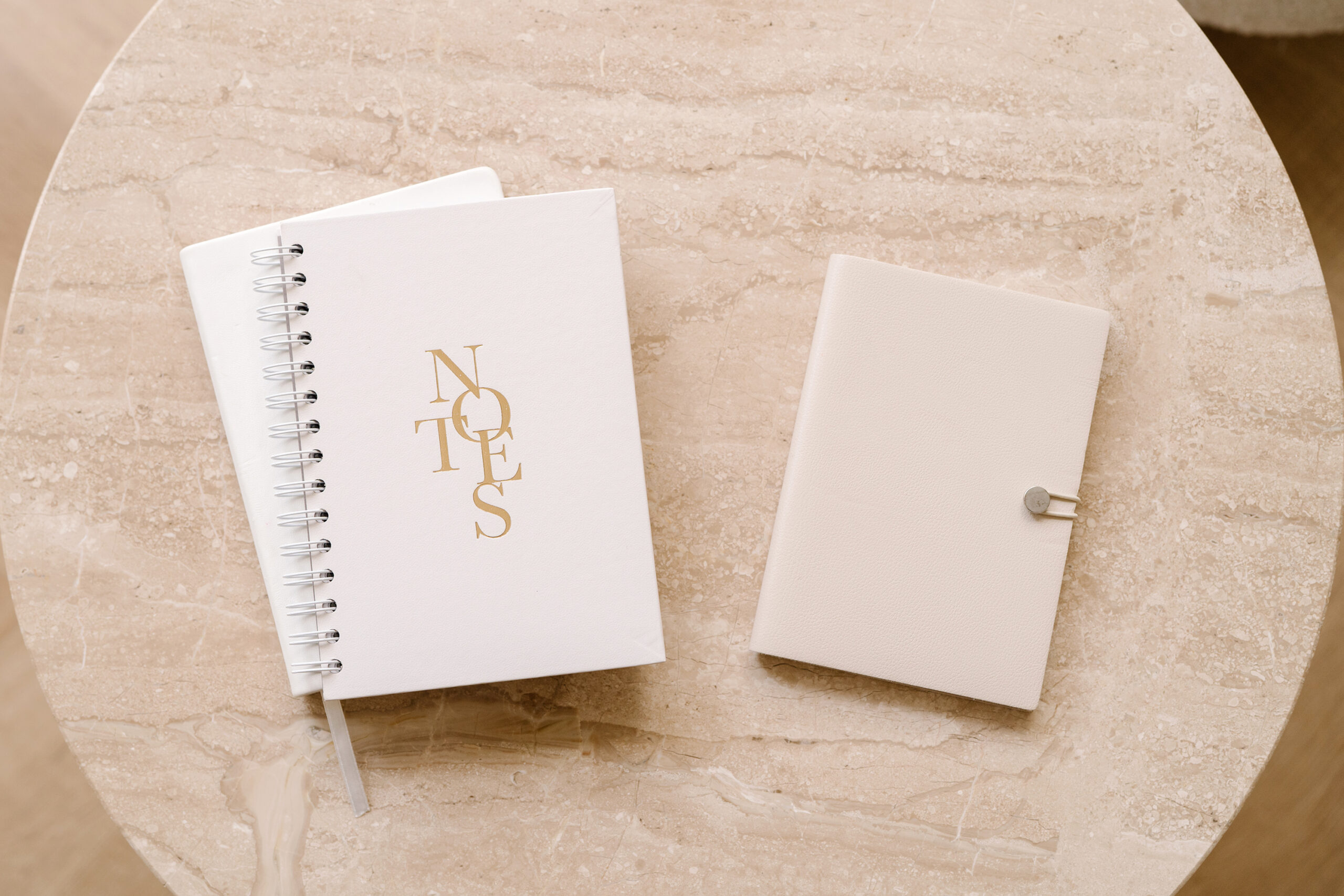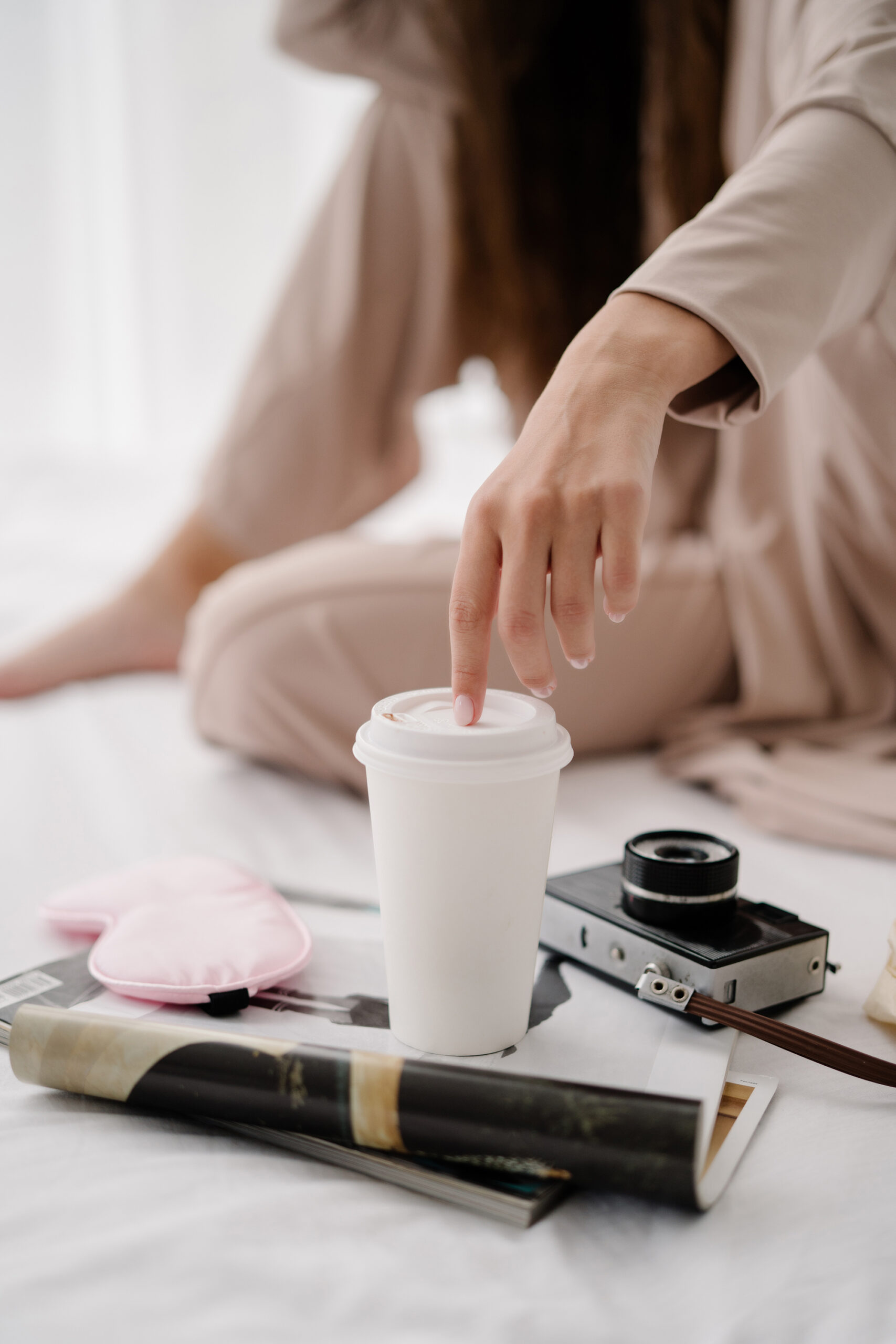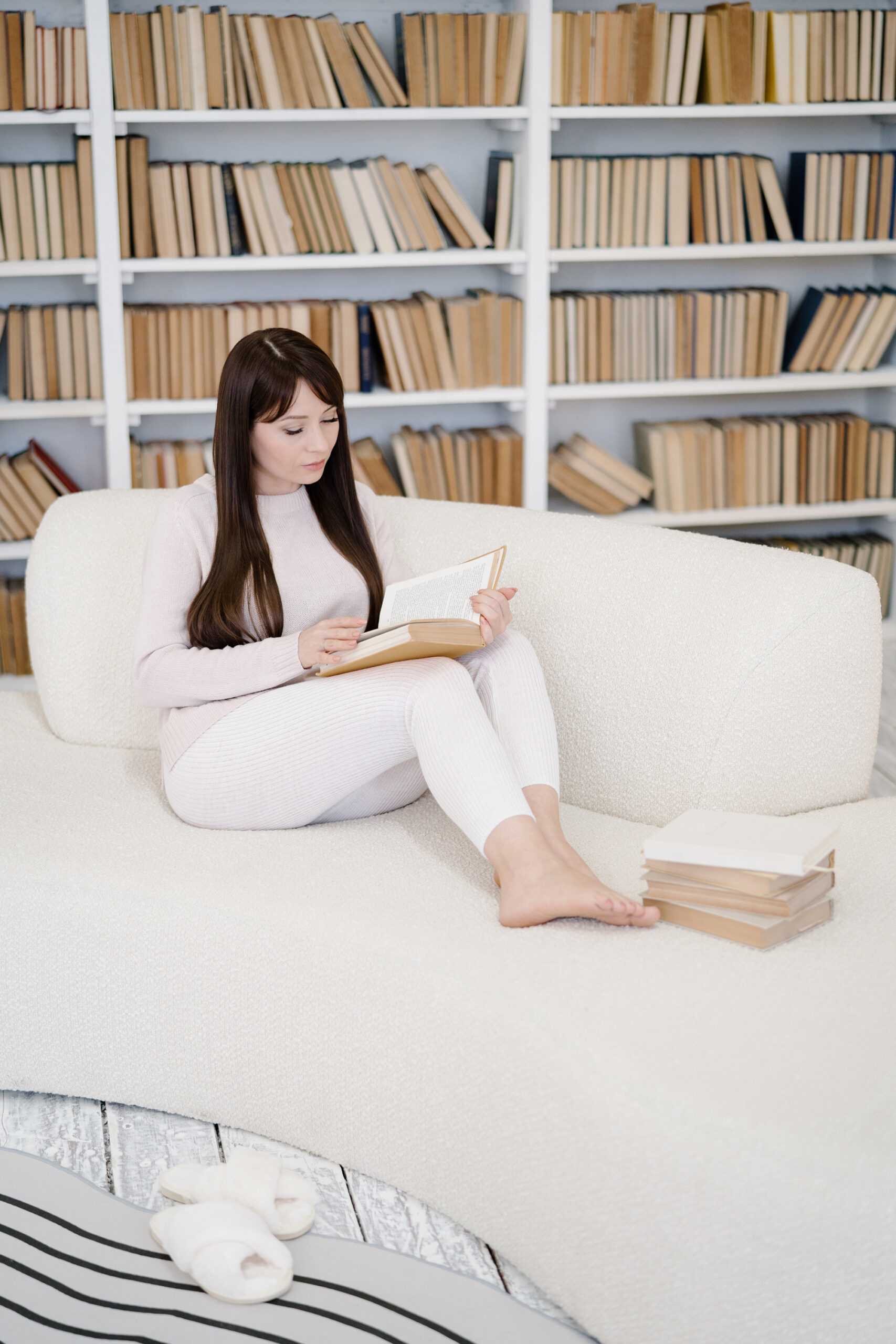You’ve heard that success is tied to waking up early and that these early hours are the prime time for productivity.
But how do you wake up early?
Waking up early used to feel like an uphill battle.
For the longest time, I’d found myself hitting the snooze button over and over again. But let me tell you, the changes I’ve made and the habits that I’ve incorporated have transformed my mornings.
A survey by Amerisleep found that people who wake up at 5 AM are happier and more productive throughout the day.
So, it’s not surprising that morning people are in good company with awesome folks like Apple CEO, Tim Cook, and former first lady, Michelle Obama, who totally swear by the benefits of waking up early.
But how do you make the change when you can barely open your eyes before 8 AM?
In the blog post, ill cover key strategies that have worked for me.
Understanding Your Sleep Cycle

The Science of Sleep
Before you can start waking up early, it’s important to understand the science of sleep.
Your body goes through different stages of sleep throughout the night, and each stage plays an important role in helping you feel rested and refreshed in the morning.
There are two main types of sleep: rapid eye movement (REM) sleep and non-REM sleep.
During non-REM sleep, your body is in a state of deep relaxation and your brain waves are slow.
This is the stage where your body repairs and regenerates tissues, strengthens your immune system, and releases hormones that help you grow and develop.
REM sleep, on the other hand, is when your brain is most active and your eyes move rapidly. This is the stage where you dream, and it’s also important for memory consolidation and learning.
How To Identify Your Personal Sleep Pattern
Everyone has their own unique sleep pattern, and it’s important to identify yours in order to optimize your sleep and wake up feeling rested.
One way to do this is to keep a sleep diary, where you record the time you go to bed, the time you wake up, and any other factors that may affect your sleep, such as caffeine intake or exercise.
Another way to identify your sleep pattern is to use a sleep tracking app or device.
These tools can track your sleep cycles, heart rate, and other metrics to help you understand your sleep patterns and make adjustments as needed.
Once you’ve identified your personal sleep pattern, you can start to make adjustments to your sleep routine to help you wake up early.
For example, if you tend to feel most rested when you wake up after a full cycle of sleep (which typically lasts around 90 minutes), you can set your alarm to wake you up at the end of a cycle rather than in the middle of one.
By understanding the science of sleep and identifying your personal sleep pattern, you can take steps to optimize your sleep and wake up feeling refreshed and energized in the morning.
Simple and Effective Tips to Wake Up Early

Start Gradually
Instead of setting an 5 AM alarm right off the bat, consider a less extreme approach.
I started by setting my alarm just 15 minutes earlier each week.
This gradual change gave my body a chance to adjust and didn’t feel nearly as painful as a sudden, drastic shift in schedule.
Create a Conducive Sleep Environment
Almost half the battle of waking up early is won the night before.
Are you getting enough rest?
Are you able to fall asleep easily?
I found it helpful to put away electronic devices at least an hour before going to sleep, keep my bedroom cool, and create a relaxing bedtime ritual, be it reading a book or a simple skincare routine.
Optimize Your Bedroom for Sleep
Your bedroom should be a sanctuary for sleep. It should be quiet, dark, and cool. Here are some tips to create a conducive sleep environment:
- Keep your bedroom dark: Use blackout curtains or shades to block out any light that may disturb your sleep. You can also use an eye mask to block out any light.
- Keep your bedroom quiet: Use earplugs or a white noise machine to block out any noise that may disturb your sleep.
- Keep your bedroom cool: The ideal temperature for sleep is between 60 and 67 degrees Fahrenheit. Use a fan or air conditioner to keep your bedroom cool.
- Remove electronics: Electronic devices emit blue light that can interfere with your sleep. Remove any electronic devices from your bedroom or cover them with a cloth.
Morning Routine (The Power of Habit)
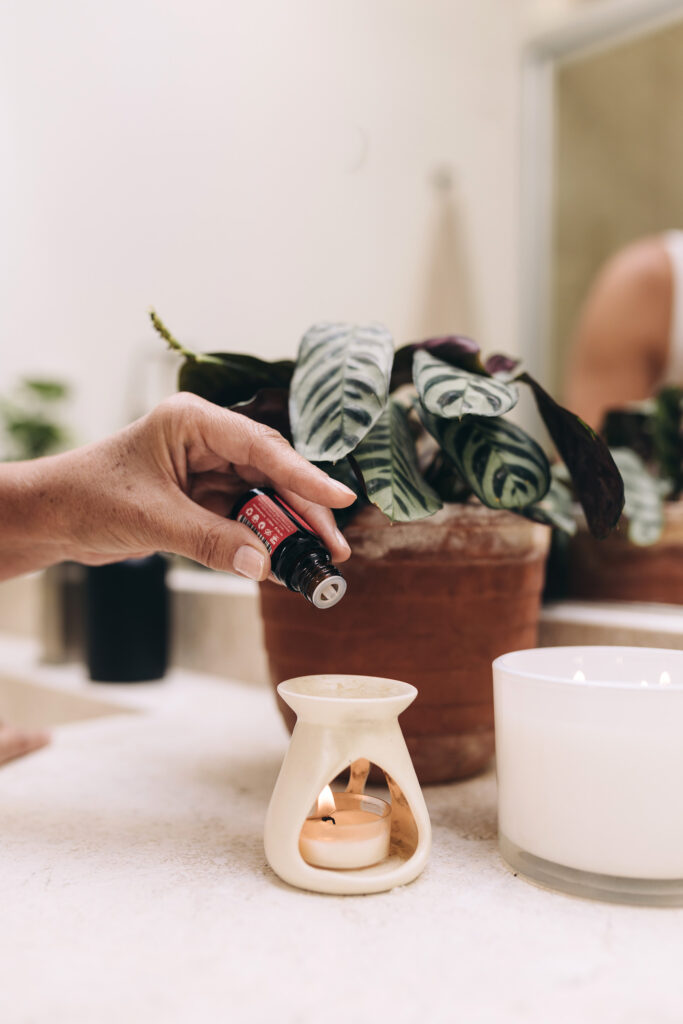
Launching a fresh new day with a burst of energy, like a quick cardio workout or a speedy tidying up around the house, has been a game-changer for me.
Starting the morning with a sense of accomplishment can really set a positive tone for your entire day, trust me!
Diet and Exercise
What you eat and how much you exercise can also affect your sleep. Here are some tips to improve your sleep through diet and exercise:
- Avoid caffeine: Caffeine is a stimulant that can interfere with your sleep. Avoid consuming caffeine in the afternoon and evening.
- Eat a balanced diet: A balanced diet can improve your overall health and help you sleep better. Avoid heavy meals before bedtime.
- Exercise regularly: Regular exercise can improve the quality of your sleep. However, avoid exercising too close to bedtime as it can interfere with your sleep.
Establish a Consistent Sleep Routine
If you want to become an early riser, you have to establish a consistent sleep routine.
That means hitting the hay and waking up at the same time every single day, even on weekends.
Consistency will help regulate your body’s internal clock, making it easier to doze off and rise up when you want to.
Set a Regular Bedtime
To establish a consistent sleep routine, pick a regular bedtime and stick to it. Choose a time that lets you catch the recommended 7-9 hours of shut-eye.
For example, if you want to be up at 6 a.m., aim to hit the sack around 9-10 p.m.
Now, here’s the deal: steer clear of any stimulating activities before bedtime, like binge-watching TV or scrolling through your gadgets.
The blue light from these things messes with your body’s natural sleep cycle, making it harder to catch some Z’s.
Instead, try cozying up with a good book, taking a relaxing soak, or trying relaxation techniques.
Relaxation Techniques Before Bed
Relaxation techniques can help you fall asleep faster and sleep more deeply. Try incorporating some of these techniques into your bedtime routine:
- Progressive muscle relaxation: Tense and relax each muscle group in your body, starting from your toes and working your way up to your head.
- Deep breathing: Take slow, deep breaths, counting to four as you inhale and exhale.
- Visualization: Imagine a peaceful scene, such as a beach or a forest, and focus on the details to distract your mind from racing thoughts.
CONCLUSION:
Remember, by consistently taking small steps towards your goal of becoming an “early bird,” you can transform your daily routine and embrace the refreshing energy of the mornings.

